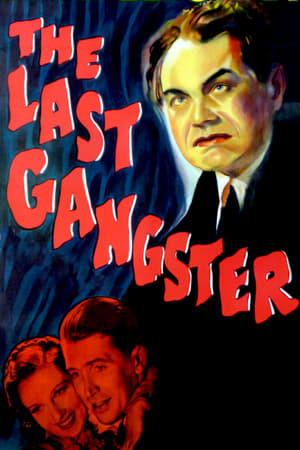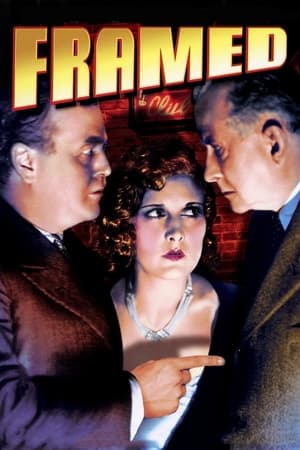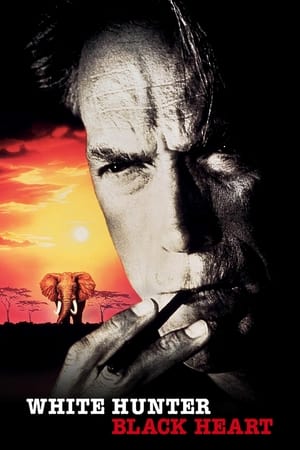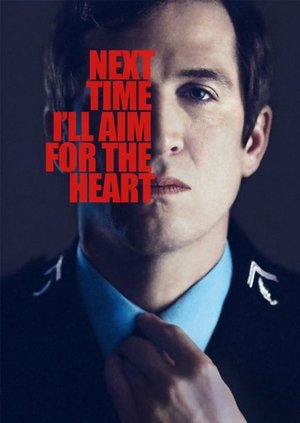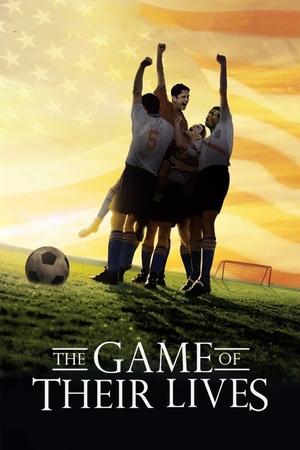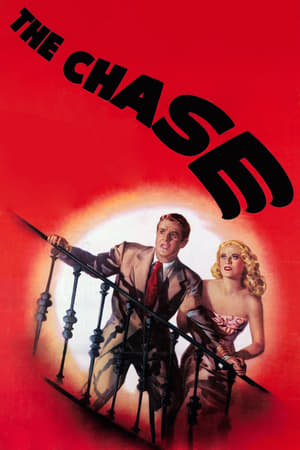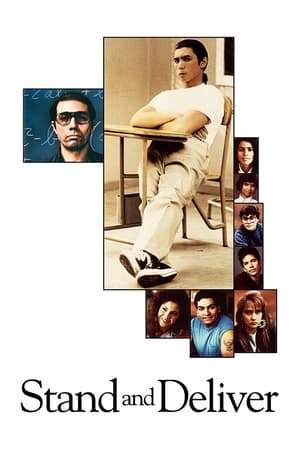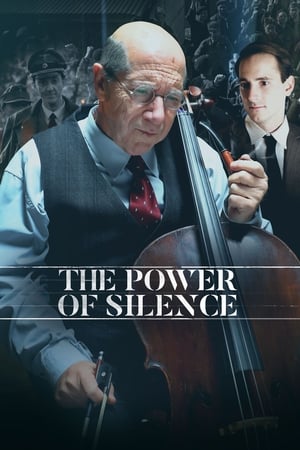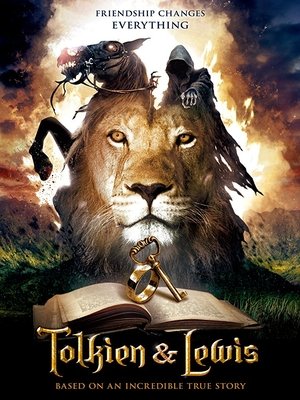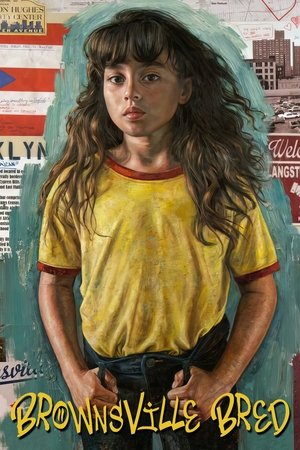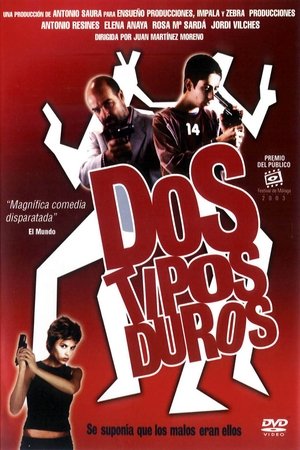The end of the 30s. Al Capone (Tom Hardy) is no longer that murderous scumbag that terrifies Chicago. This is an aging, very ill person who wears a diaper and experiences hallucinations from time to time. But his syphilis-stricken brain keeps one important secret: before his imprisonment, he hid a huge suitcase of money somewhere. The problem is, Capone forgot where. The gradual fading of the main gangster of the era will not be peaceful and calm. The FBI follows him, listening and watching his every step.
The film masterfully shows all the protagonist's hallucinations in great detail, referring to his hard-hitting gangster past. Tom Hardy is no stranger to acting in films where everything hermetically focuses on his acting. In such extreme conditions, he makes the most outstanding performances.
Played by Tom Hardy, Capone is not human at all. He is a sad protein mass, which itself began to forget when it was a monster – the divine judge of other people's destinies. More importantly, he's not even quite a person – only one’s shadow, words in the sand that were swept away by the waves of time.
Fonzo (as the film was initially called) is an unceremonious epitaph to the entire gangster genre. A typical film for the era of "new ethics," crucifying Capone as a kind of symbol of toxic masculinity. Cruel, selfish, and not respecting anyone's life except his own, the monster will sooner or later be smeared in filth – metaphorically or literally.

 103 min
103 min
 5.02
5.02
 2020
2020
 Canada
Canada
 r96sk wrote:
r96sk wrote: